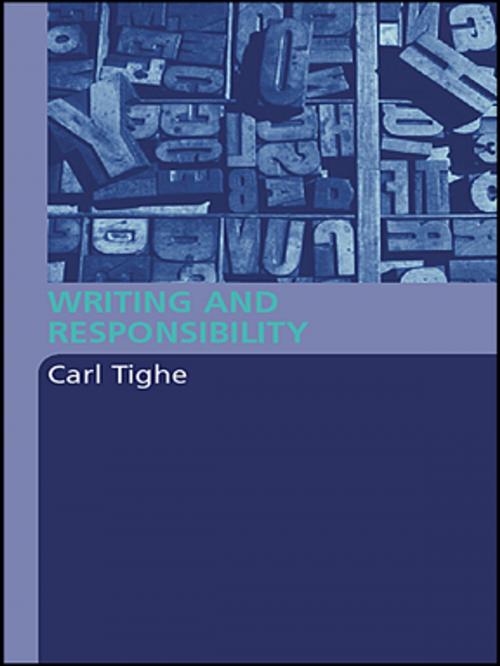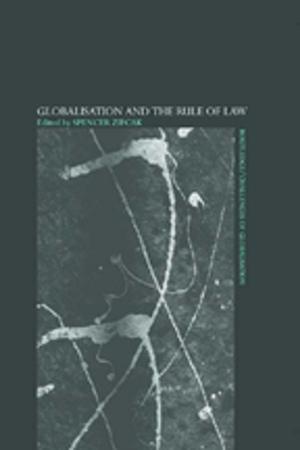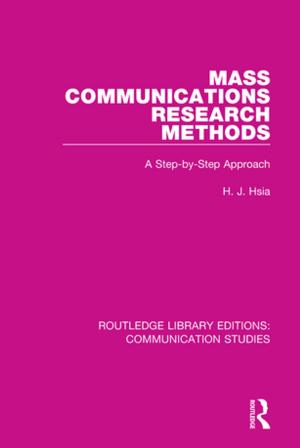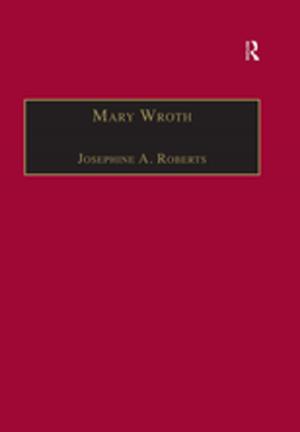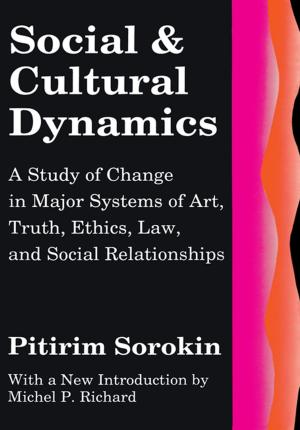| Author: | Carl Tighe | ISBN: | 9781134282272 |
| Publisher: | Taylor and Francis | Publication: | July 12, 2005 |
| Imprint: | Routledge | Language: | English |
| Author: | Carl Tighe |
| ISBN: | 9781134282272 |
| Publisher: | Taylor and Francis |
| Publication: | July 12, 2005 |
| Imprint: | Routledge |
| Language: | English |
In a world where literary scandals often end up in court, the issue of responsibility in writing has never been more important. In this groundbreaking study, Carl Tighe asks the questions every writer needs to consider:
*What is it that writers do? Are they responsible for all the uses to which their writing might be put? Or no more responsible than their readers?
*How are a writer's responsibilities compromised or defined by commercial or political pressures, or by notions of tradition or originality?
*How does a writer's audience affect their responsibilities? Are these the same for writers in all parts of the world, under all political and social systems?
The first part of this book defines responsibility and looks at its relation to ideas such as power, accuracy, kitsch and political correctness. The second part examines how particular writers have dealt with these issues through a series of often-controversial case studies, including American Psycho, Crash and The Tin Drum.
Writing and Responsibility encourages its readers to interrogate the choices they make as writers. A fascinating look at the public consequences of the private act of writing, Carl Tighe's book is a must-read for everyone who writes or studies writing.
In a world where literary scandals often end up in court, the issue of responsibility in writing has never been more important. In this groundbreaking study, Carl Tighe asks the questions every writer needs to consider:
*What is it that writers do? Are they responsible for all the uses to which their writing might be put? Or no more responsible than their readers?
*How are a writer's responsibilities compromised or defined by commercial or political pressures, or by notions of tradition or originality?
*How does a writer's audience affect their responsibilities? Are these the same for writers in all parts of the world, under all political and social systems?
The first part of this book defines responsibility and looks at its relation to ideas such as power, accuracy, kitsch and political correctness. The second part examines how particular writers have dealt with these issues through a series of often-controversial case studies, including American Psycho, Crash and The Tin Drum.
Writing and Responsibility encourages its readers to interrogate the choices they make as writers. A fascinating look at the public consequences of the private act of writing, Carl Tighe's book is a must-read for everyone who writes or studies writing.
